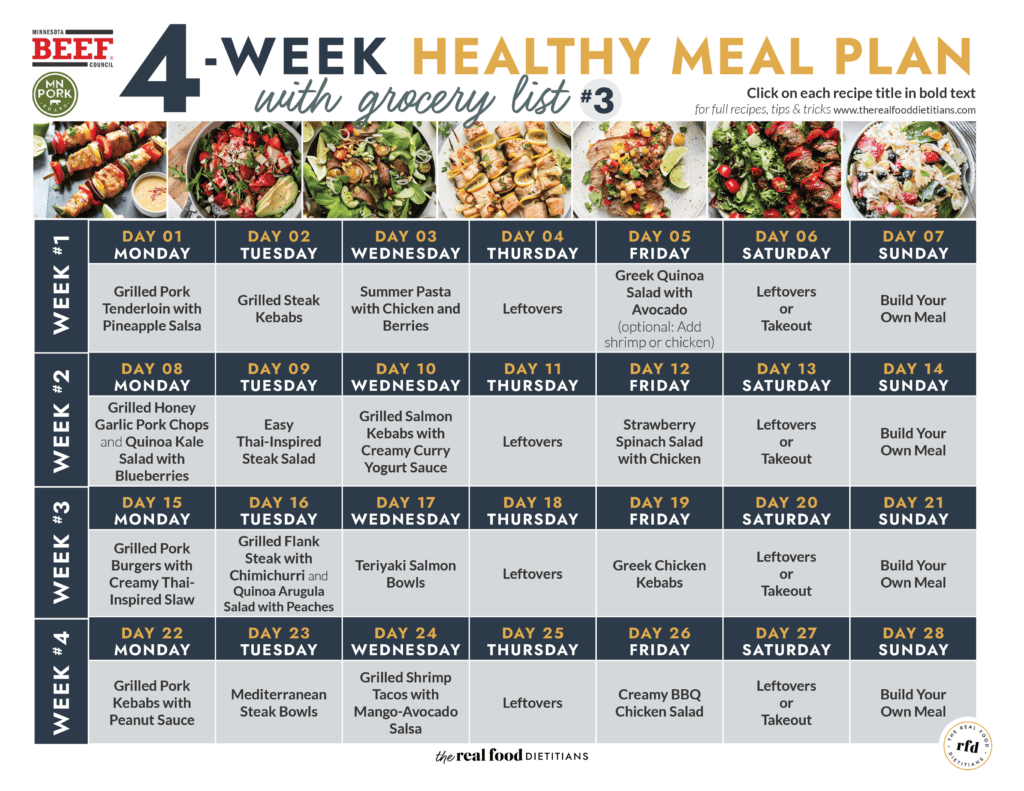
I9 Practical Ways to Drastically Cut Your Expenses and Take Control of Your Finances
Many people find themselves struggling with their finances, especially in today’s world where living paycheck to paycheck has become an all-too-common reality. My husband and I were once in the same situation, trying to make ends meet on a single income. When he made the bold decision to quit his job, we had to quickly adjust our financial approach and get serious about drastically reducing our spending.
The situation forced us to become more resourceful, and over time, I developed a set of practical habits and strategies that helped us cut our expenses significantly. In this post, I’m sharing the most effective frugal living tips that can make a real difference in your financial health. Whether you’re looking to save for the future or simply reduce your current expenses, these strategies are sure to help you out.
1. Cook Food at Home

Food expenses are one of the largest budget drains for many families, often accounting for around 10% of annual household expenses. In the U.S., the average person spends about $8,000 annually on food. Cooking at home is one of the best ways to dramatically cut this cost. Homemade meals are not only more affordable, but they are also healthier and allow you to control ingredients, portion sizes, and leftovers, which helps reduce waste.
Pro Tip: Plan meals ahead of time, bring lunch to work, and make large batches to have leftovers for the next few days. By utilizing ingredients already in your pantry, you can significantly cut down on food waste, which saves both money and resources.
2. Plan Your Meals

Meal planning is an essential component of frugal living. When you plan meals in advance, you eliminate the need for last-minute trips to the store or spontaneous take-out orders, which are often expensive. Plan your meals based on what’s already in your kitchen or what’s on sale, and cook in bulk to have easy, cost-effective meals on hand. The more organized you are, the more you’ll save.
Pro Tip: Create a weekly meal plan, stick to your grocery list, and buy in-season produce to maximize savings. You’ll also avoid impulse purchases that can inflate your grocery bill.
3. Cut the Cable

Cable TV can be one of the most expensive household costs, typically costing around $1,500 annually. When my husband and I cut the cable and switched to affordable streaming services like Netflix and Amazon Prime, we not only reduced our expenses but also found we were more selective about the content we watched. You can also catch free content on platforms like YouTube and Tubi, which can save you even more money.
Pro Tip: Consider bundling streaming services with others like Disney+, or try free trials to test different platforms before committing long-term. You’ll be surprised at how much content is available for a fraction of the cost of cable.
4. Find Cheaper Internet and Phone Plans

Internet and phone bills often go unchecked, but they can be a significant drain if you’re not careful. Take a moment to analyze your phone and internet usage—are you paying for more data, minutes, or features than you actually need? Calling your provider to negotiate a better rate or switching to a cheaper plan can lead to substantial savings.
Pro Tip: Use apps like Trim to help negotiate lower bills or find better deals with competitors. Compare prices regularly, and make sure you’re not overpaying for services you don’t use.
5. Use Only One Car
Owning two cars can be incredibly expensive. Between insurance, fuel, maintenance, and parking fees, the costs add up quickly. Cutting back to one car can free up a significant portion of your monthly expenses. If possible, switch to using one car for the entire household, and explore other forms of transportation like walking, biking, or carpooling.
Pro Tip: Evaluate your transportation needs and, if possible, share a vehicle with another family member. Use public transport or apps like Uber and Lyft for occasional travel.
6. Negotiate Insurance Plans

Insurance is a must, but you don’t have to pay top dollar for it. After life events such as getting married, moving, or upgrading your vehicle, you may qualify for discounts. Bundling policies (e.g., home and auto) can also save you money. Don’t hesitate to shop around or ask for a better rate, especially if you’ve been a loyal customer for years.
Pro Tip: Contact your current insurance provider to inquire about discounts, or switch to a provider offering better rates for your coverage needs. Always compare prices and policy details before committing.
7. Get Rid of Unused Memberships

How many subscriptions or memberships are you paying for but not using? Gym memberships, streaming services, and magazines can add up quickly. If you haven’t used a service in the past few months, it’s time to reconsider if it’s worth keeping. Cancel any memberships you rarely use and explore free alternatives such as YouTube workouts or free audiobooks from libraries.
Pro Tip: Do a monthly subscription audit. If you’re not using something regularly, it’s time to cancel it. Replace paid subscriptions with free or more affordable alternatives.
8. Downsize Your Home
If your home is larger than you need, consider downsizing to save on rent or mortgage payments, utilities, and maintenance costs. A smaller home means fewer expenses and a more efficient lifestyle. If moving isn’t an option, you could rent out extra rooms or take on a roommate to help share costs.
Pro Tip: Look for ways to reduce utility costs by improving your home’s energy efficiency—like switching to LED lightbulbs, smart thermostats, or energy-efficient appliances.
9. Do a Spending Freeze
A spending freeze is one of the most powerful ways to cut down on unnecessary expenses. It’s an exercise in discipline and mindfulness, where you commit to not spending on anything non-essential for a designated period, like a week or a month. This helps you reset your spending habits and appreciate the value of what you already have.
Pro Tip: Set clear rules for your spending freeze and track your progress. Use this time to focus on what you truly need versus what you merely want.
Final Thoughts: Taking Control of Your Finances

Cutting expenses isn’t just about pinching pennies; it’s about being intentional and smart with your spending. While earning more can be helpful, cutting back on unnecessary expenses can significantly free up your budget without the need for additional income. Start by identifying your big-ticket expenses, like food, transportation, and housing, and work on reducing them. By implementing these strategies, you can save money for the future and feel more in control of your finances.
Remember, the journey to financial freedom doesn’t happen overnight, but small, consistent steps can lead to long-lasting changes. You’ll feel more empowered to live within your means, make smarter choices, and enjoy a healthier financial future.
FAQs About Drastically Cutting Expenses and Saving Money
- How can I start cutting expenses without feeling deprived?
- Begin with small changes that don’t drastically affect your lifestyle, like cooking at home instead of eating out, cutting down on subscriptions you don’t use, or negotiating your phone and internet bills. The key is to prioritize where you can make changes while still maintaining comfort.
- What’s the easiest way to reduce food expenses?
- Cooking at home is one of the most effective ways to reduce food costs. Meal planning, buying in bulk, and cooking large batches can help you save money while also reducing food waste. Additionally, avoid impulse buys and stick to your grocery list.
- How can I save on transportation costs?
- Evaluate whether you need two cars and, if possible, downsize to one car. You can also consider alternatives like public transportation, walking, biking, or carpooling. Additionally, regular maintenance of your car and reducing unnecessary trips can help save on fuel and repair costs.
- What are some simple ways to save on utilities?
- Reduce energy consumption by switching to energy-efficient appliances, using LED light bulbs, and adjusting your thermostat. Also, be mindful of turning off lights and electronics when not in use and improving your home’s insulation to reduce heating and cooling costs.
- How can I cut cable costs effectively?
- Consider cutting the cable and switching to more affordable streaming services such as Netflix, Amazon Prime, or Hulu. You can also take advantage of free content on platforms like YouTube or Tubi. Consider bundling streaming services to save even more.
- What should I do with unused memberships?
- Audit your subscriptions and cancel any that you’re not using regularly, such as gym memberships, magazine subscriptions, or streaming services. Consider replacing paid memberships with free alternatives like free workout videos on YouTube or audiobooks from your local library.
- How can I reduce my housing costs without moving?
- If downsizing isn’t an option, consider renting out extra space in your home, such as a spare room or basement, or taking on a roommate. This can help reduce rent, mortgage, and utility costs significantly.
- What is a spending freeze and how does it work?
- A spending freeze involves committing to not spending on anything non-essential for a specific period (such as a week or a month). It’s a great way to break spending habits and save money by focusing only on necessary expenses.
- How do I negotiate better insurance rates?
- Contact your insurance provider and ask about available discounts, especially if you’ve had any significant life changes, such as moving or upgrading your car. Consider bundling policies, like home and auto insurance, to save even more. Shop around for better rates if needed.
- What if I’m not sure where to start in cutting my expenses?
- Start by identifying your biggest monthly expenses (like housing, food, transportation, and insurance) and tackle them first. From there, focus on smaller areas like discretionary spending or memberships. Gradual changes will help you adjust without feeling overwhelmed.
Conclusion
Cutting your expenses and saving money is not about deprivation; it’s about making intentional and mindful choices. By focusing on key areas like food, transportation, utilities, and entertainment, you can significantly reduce your monthly expenses without sacrificing your quality of life. The journey to financial freedom doesn’t require drastic changes overnight, but small, consistent actions can lead to lasting financial stability. Start with a few adjustments today, and soon you’ll feel more in control of your finances, paving the way for a healthier financial future.


